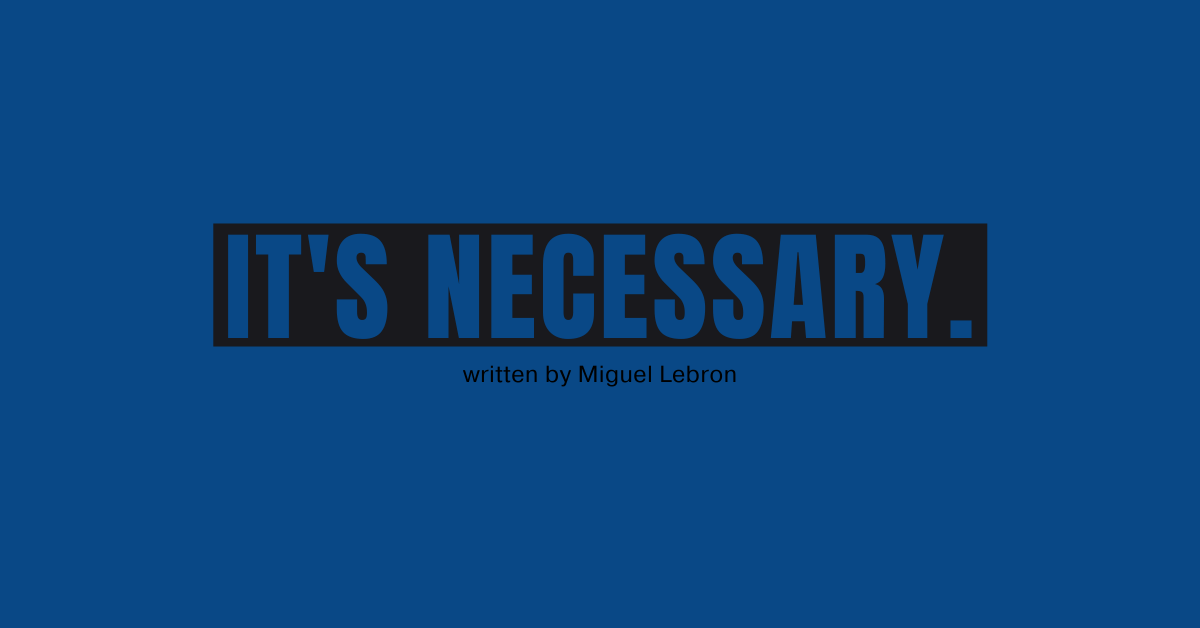No More Excuses
He that is good for making excuses is seldom good for anything else. – Benjamin Franklin

Excuses are justifications we offer ourselves regarding people, incidents, and situations. Often, we may fall into the trap of justifying a relationship that we know is toxic, or justifying a job that we know is killing our creativity although we have the exit! We not only create these false justifications for others, but also for ourselves. These false justifications are made-up excuses we construct to justify our actions, delay taking action, or avoid accountability. Simply put, excuses are often used to shift the blame for an internal issue to an external situation.
It is much easier to say we cannot control something instead of admitting we don't know how to let go or walk away. It’s much simpler to say it isn’t the right time as opposed to admitting that we don't feel confident in the decision we are about to make, no matter how inevitable it may seem. It’s so easy, in fact, the average American will make 2,190 excuses to validate their decisions per year, according to
new research.
One example is prioritization. You may want to do one thing, but something else emerges. As a result, you fail to complete the desired action. If we allow excuses to creep in, our values may become distorted as well. This is why excuses are so easy to make, and why determining why excuses are made is so important.
Going back to the why of your decision-making is a smart way to stop making excuses.
We tell ourselves a lie when we make excuses for ourselves. We make a conscious decision to place comfort or convenience ahead of what is right and necessary. Finally, we are creating a world for ourselves in which it is acceptable to go against what we know is right.
While we may feel safe in this world we've created, we don't realize that our excuses may have an impact on the relationships around us. While making excuses can help us seek forgiveness or minimize personal guilt, it can also be interpreted as a deliberate attempt to manipulate the emotions of others.
So, how do we put an end to making excuses? We are aware that they can have a negative impact on our relationships and future, as well as on what we consider to be our core values. But how do we say nay no more to this habit? Here are 2 simple steps to start with.
1. Take Responsibility For ALL Your Actions
Life, like you, isn't perfect. Accept responsibility for your accomplishments as well as your shortcomings. Being responsible entails acting on your ability to respond to whatever comes your way. It entails utilizing your ability to change and understanding the resources available to you in order to put an action plan in motion.
Reap with me: “I'm not perfect, and that's okay. Life has its ups and downs, and that's fine. I will use all of my resources to be as adaptable as possible on the journey, and I accept full responsibility for the outcomes, whether they are perceived as a win or a loss, it’s still a lesson.”
2. Stop Comparing Yourself to Others
When you compare yourself to others, you miss out on your own greatness. Comparing yourself to others, especially those who have already accomplished what you want to accomplish, will not help you maintain a grateful heart and will only highlight your imperfections rather than your strengths.
Repeat with me: “I'm not where I want to be, but I've come a long way from where I started. My journey is entirely mine. My strengths are mine, and I will enjoy my current position while keeping a clear vision for the summit.”
Final Thought:
When we lose a piece of ourselves, we go through the stages of grief, which begin with denial. We can each develop bad habits along the way, and realizing that making excuses might be one of them, will help you reach new heights in your journey. Remember, excuses limit the possibility of execution. Start applying these two steps and write down your life












